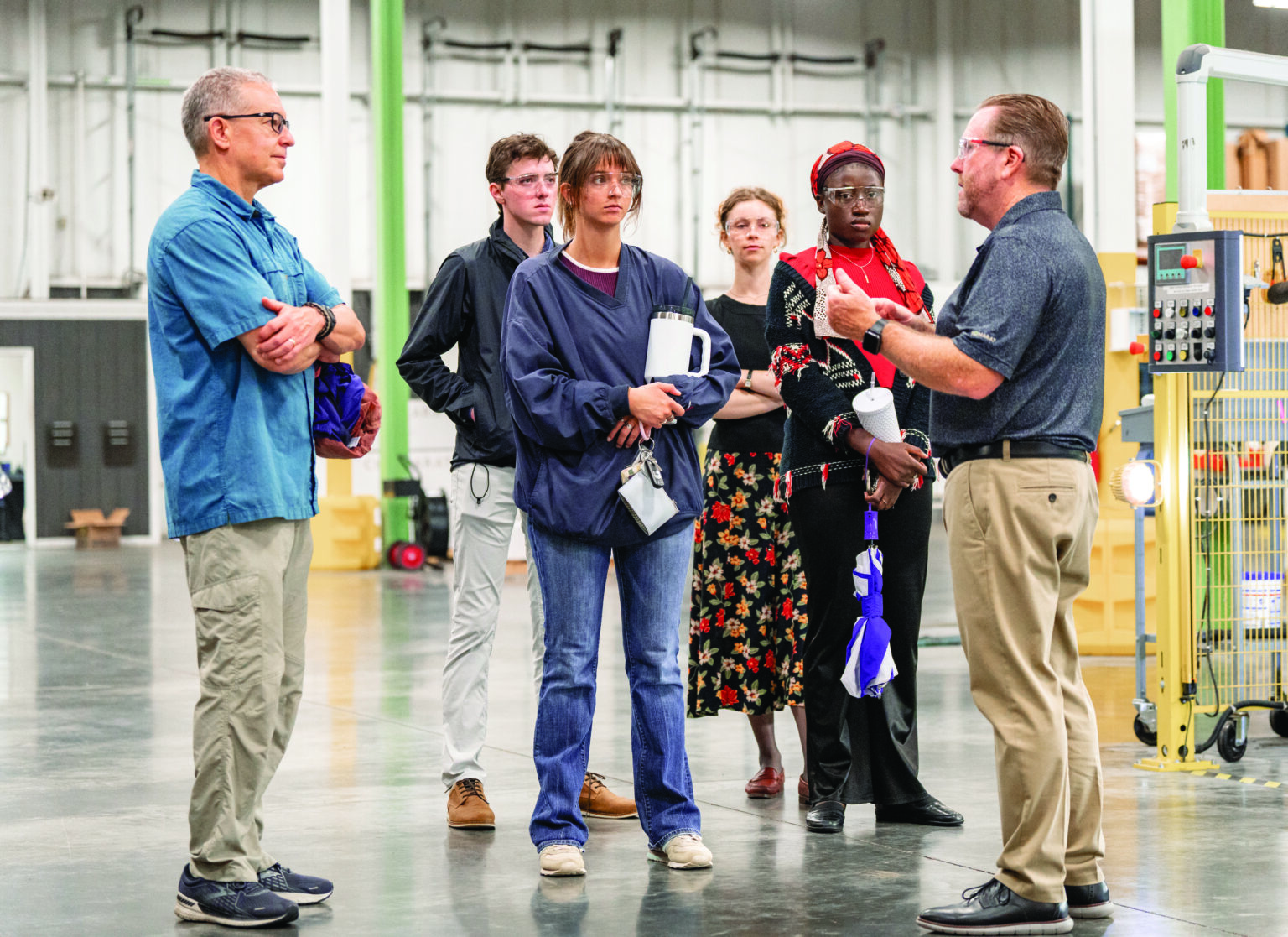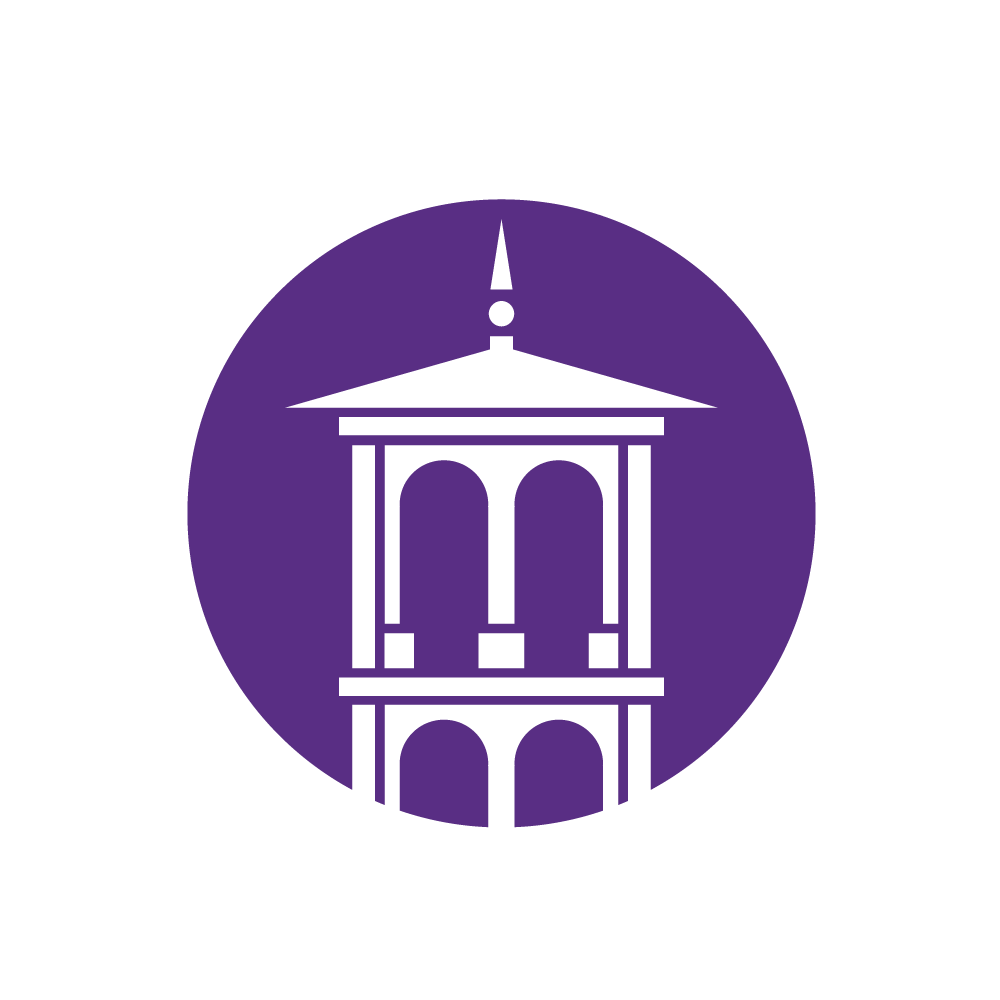EQUITY AND
IMPACT
What if the act of deeply exploring someone else’s experience could make a difference in the world? Whether through academic research or the community work that meets a neighbor’s need, Furman faculty, staff and students regularly ask this question. And by doing so, they show that the ideals and practices of the liberal arts and sciences can help drive progress in communities near and far.
With these principles in mind, in August 2022, Furman’s graduate council and faculty approved a new graduate degree, the Master of Arts in Advocacy and Equity Studies (MAAES). Students will learn to recognize societal inequities and analyze systems of power, as they build the skills to become agents of change in their work and communities. Consider just a few of the careers a graduate of this new program might choose: advocacy director, nonprofit administrator, community organizer and foundation leader. Using research, knowledge, experience and data, students will develop critical skills in community-based research, grant writing, public narratives, and organizing and facilitation of dialogue. The program’s elective seminars cover topics such as deliberation across difference, social determinants of health and equity, reconstructing Southern rhetoric, nonprofit administration and activism, and social media and social justice. In a practicum, students apply what they’ve learned in a project locally in Greenville, nationally or globally.
MAAES is Furman’s fifth graduate program, joining strategic design, education, chemistry and community-engaged medicine.

COMMUNITY IMPACT
Furman’s four externally facing institutes offer students immersive experiences in community initiatives, research and outreach.
THE HILL INSTITUTE FOR INNOVATION AND ENTREPRENEURSHIP
The Hill Institute develops innovative and entrepreneurially minded leaders, grows an entrepreneurial community at Furman and contributes to the local and regional entrepreneurial environment.
THE SHI INSTITUTE FOR SUSTAINABLE COMMUNITIES
The Shi Institute is a regionally centered, community-focused hub that promotes sustainable human flourishing and recognizes the interdependence between social and equity challenges and environmental issues.
The Riley Institute at Furman broadens student and community perspective about issues critical to South Carolina’s progress, builds and engages present and future leaders, and creates and shares data- supported information about the state’s core challenges.
THE INSTITUTE FOR THE ADVANCEMENT OF COMMUNITY HEALTH
IACH facilitates high-impact student experiences and community engaged research, focusing on building partnerships in education and research, and championing key community programs with a commitment to health equity, justice and diversity
Neighborhoods that flourish
The Heller Service Corps is a student organization with at least 1,200 volunteers who are dedicated to helping others through a variety of programs and events. Among these are Men & Women of Distinction, a program in which Furman students mentored at-risk children, and another program in which they helped area middle school students envision the possibility of attending college by giving them tours of the university. Other service activities through the Heller Service Corps include gathering supplies for those in need through Rise Against Hunger and Blessings in a Backpack; Walk for Water, an event that highlights the lack of access to clean, safe water in communities worldwide; and the Fall Day of Service, in which hundreds of Furman students work on service projects around campus and with community groups
The power of academic inquiry, self-knowledge, reflection and career success
Furman centers provide specialized learning opportunities for the entire campus community to explore their individual potential to make a positive impact on the world. The Shucker Center for Leadership Development offered workshops to nearly 250 faculty and staff to maximize their natural potential through the Strengths Development Strategies initiative, part of CliftonStrengths. The workshops were also offered to students, contributing to the center’s 2,603 student touchpoints. Forty-seven first-year students and sophomores learned to be change makers at Furman and beyond through the Shucker Fellows program, and another 13 students explored their personal leadership style and identity during their six-week Leadership Quest.
The Cothran Center for Vocational Reflection helps members of the Furman community, including alumni, explore their purpose. The Furman Humanities Center, established in 2020, provides a framework for students, faculty, staff and others to pursue a variety of projects across the humanities. In addition to supporting the work of individuals, the center fosters interdisciplinary collaboration across campus and beyond.
The Malone Center for Career Engagement interacted with 52.3% of the undergraduate student body through programs and appointments – connecting students with 211 alumni, providing 126 professional LinkedIn portraits and holding 867 career advising appointments. Students gained intensive career preparation, including positioning and exposure to careers that focus on advancing human flourishing. In the past academic year, the Malone Center brought students in contact with 115 employers through the Career and Internship Fair or a career panel. A variety of social advocacy organizations were among these employers: United Way, United Ministries, Teach for America, College Advising Corps, AmeriCorps and the Peace Corps.
"It has led me to think more about how I can lean into my strengths and be more helpful to others by doing so.”
KARISSA HORN ’26,
WHO COMPLETED CLIFTONSTRENGTHS THROUGH THE PATHWAYS PROGRAM
